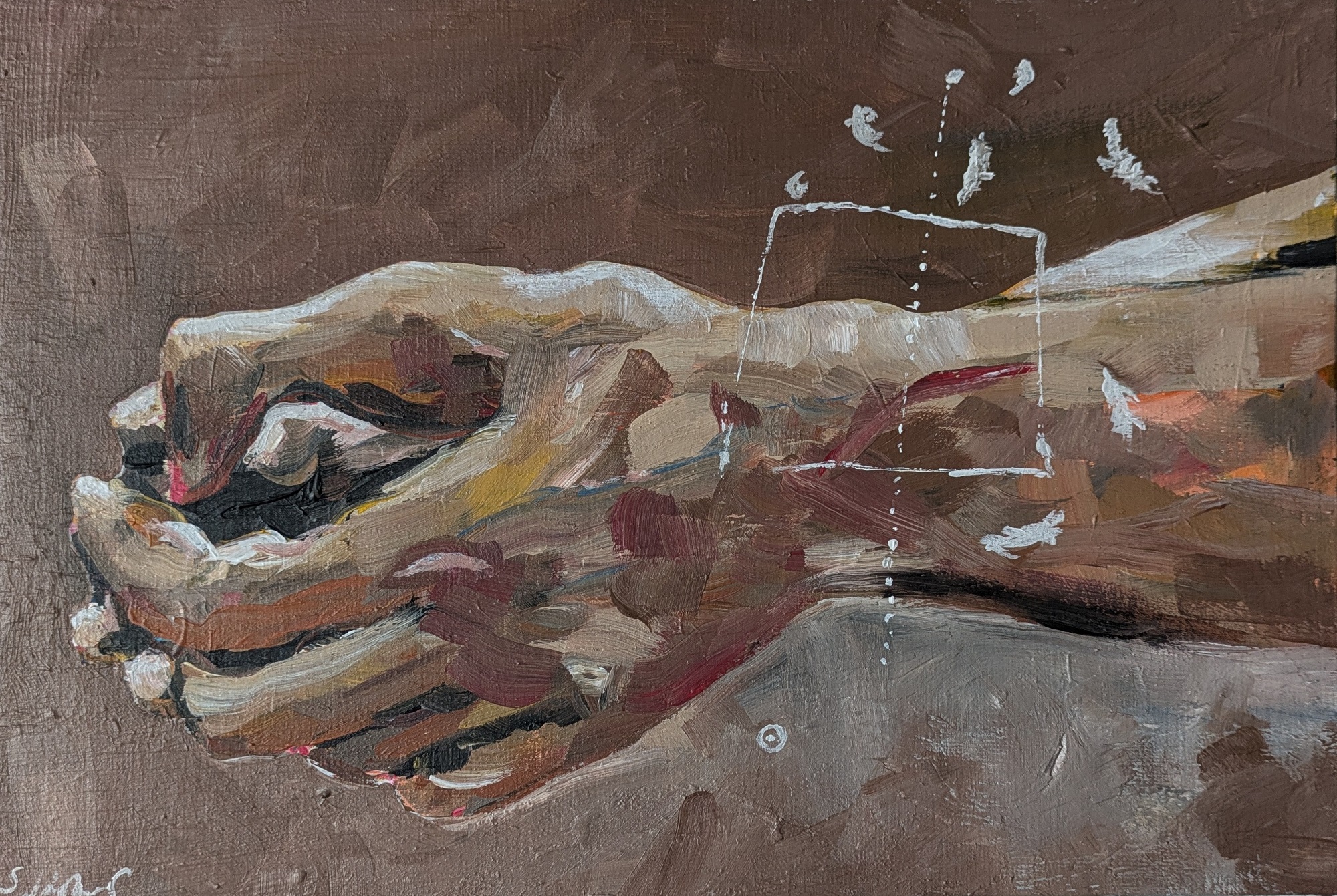
How I can help
Starting therapy can feel daunting, whether it’s your first time or you’ve been in counselling before. Many people have questions about what therapy involves and how it can support them. Finding the right therapist for your needs is an important first step.
Finding the right therapist for you
Therapy works best when you feel safe, understood, and supported. The quality of the relationship between you and your counsellor is the most important element. Below is an overview of my experience, areas of specialism, and the therapy approaches I use to help clients achieve their personal goals.
My experience and specialisms
- Addiction, alcohol and drugs – and people supporting addicts
- Adoption
- Adverse childhood experiences
- ADHD
- Anxiety
- Birth and perinatal trauma
- Boarding school experiences and syndrome
- Carers support
- Depression
- Domestic abuse and violence
- Family issues and relationships
- Gender, Sex, and Relationship Diversity (GSRD)
- Low self-esteem and confidence
- LGBTQ+ issues
- Medical trauma
- Overwhelm and stress
- Rape and sexual assault
- Self harm
- Self image and identity
- Sexuality
This is not intended to be an exhaustive list, but it gives you an idea of the things I might be able to help you with.
Therapy style and approaches
My core training is in psychodynamic counselling, a type of talking therapy that explores emotions, thoughts, and patterns to foster insight and growth. I also integrate:
- Relational approaches – understanding how relationships shape behaviour and feelings
- Somatic therapy – working with body-based experiences to process trauma
- Neuroscience principles – helping clients understand how the brain and nervous system respond to stress and trauma
These approaches are tailored to your individual needs, providing a safe and collaborative environment for self-discovery.
Why do people seek therapy?
Trauma and adverse experiences
Psychotherapy provides an opportunity to process and heal from difficult experiences, whether from childhood or adulthood.
Feelings of sadness and helplessness
You may or may not be aware of the reasons why you are feeling this way. Being able to speak to someone in a non-judgmental space, in your own time, can help you to understand yourself more.
Feeling stuck in unhealthy coping mechanisms
If the methods you are using to help you cope with life are unhealthy – like addictions or self harm – therapy can help you understand why this happens.
Experiencing relationship difficulties
If you’re having problems in your relationships with friends, family, or work colleagues, talking things through with a counsellor can be helpful.
The people I work with
I work with adults and young people aged 18+, offering both in-person therapy in Brighton and online counselling across the UK. Sessions are tailored to your needs, and your pace is always respected.
Take the next step
If you’re curious about therapy and whether it might help you, get in touch to arrange a short phone call. Together, we can discuss your goals and see if my approach is the right fit for you.